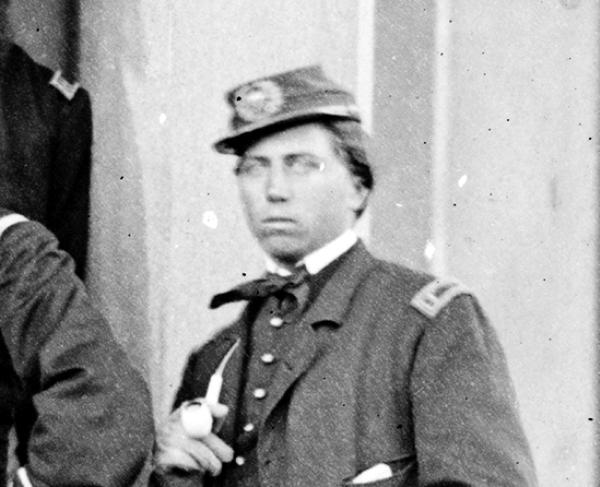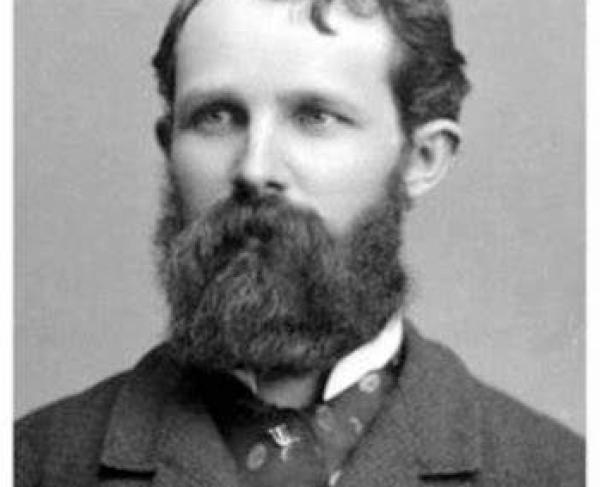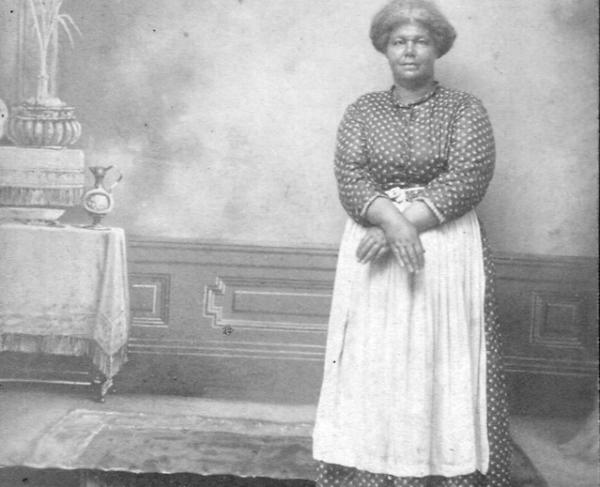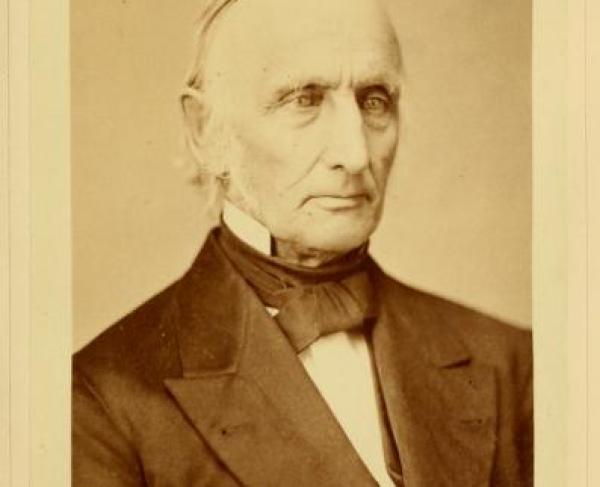Alonzo H. Cushing

On July 3, 1863, at approximately 2:30pm., at the height of Pickett's Charge at the Battle of Gettysburg, a hole opened in the Union line. Rebel troops poured through the gap at “the Angle.” However, a young and determined Union First Lieutenant named Alonzo H. Cushing stood directly in their way.
Lieutenant Cushing, commander of Battery A, 4th United States Artillery in General Hancock’s Second Corps, found himself at the epicenter of Pickett’s Charge. The 22 year old Wisconsinite fought to the death, ensuring that the Union line held firm.
Alonzo Hereford Cushing was born on January 19, 1841 to his father, Milton Buckingham Cushing, and mother, Mary B. Cushing. Upon the death of the father in 1847, Mary moved the family from Delafield, Wisconsin to Fredonia, New York, where Alonzo and his three surviving brothers would grow into young adulthood.
Alonzo was appointed to the United States Military Academy in 1857 and seemed to be an above average student, graduating twelfth in his class of 34 cadets in 1861.
In addition to Alonzo, the remaining three Cushing brothers would go on to serve their country during the Civil War and beyond. One brother, Lt. William B. Cushing, received a Thanks of Congress for the sinking of the Confederate ironclad CSS Albemarle during an intrepid nighttime raid in 1864.
Yet another brother, Lt. Howard B. Cushing, gained notoriety while serving in the U.S. Cavalry. Though he began his military career in the artillery during the Civil War, he became known as "The Custer of Arizona" while fighting the Indian Wars.
Alonzo Cushing was present at several major battles during the first years of the war. He saw limited action at First Manassas, but was cited for "gallant and meritorious services" at the battles of Fredericksburg and Chancellorsville, receiving brevet promotions following each.
Aside from his skill as an artillery officer, he was well loved by his subordinates and superiors. They noted his poise under fire, radiant grin, and infectious smile, which all gave a soothing effect during the chaos of battle.
On July 3, 1863, he suffered his first wound well before the Rebel infantry began their attack. A searing hot piece of shrapnel ripped open both his thighs and stomach. While other artillery units withdrew from Cemetery Ridge due to the heavy Rebel bombardment, Cushing refused to yield. He ordered his remaining 3-inch ordnance rifles to be wheeled directly up against the stone wall at the Angle in preparation for the onslaught.
Propped up by Sergeant Frederick Fuger – a Medal of Honor recipient for his gallantry at the battle – and having to hold his own belly in order to keep his entrails from spilling out, Cushing fought on regardless of subordinates’ pleading. When asked to retire from the field and seek medical treatment, Cushing coolly replied, “No, I stay right here and fight it out or die in the attempt.”
Cushing remained resolute to the very end. Right before a Confederate bullet struck Cushing in the head, he gave his final order. “That’s excellent!” he told his men, “Keep that range." He died just as the final canister rounds from his battery tore through the advancing enemy lines.
Though several hundred Virginians under the command of General Lewis Armistead breached the wall where Cushing fell, they were quickly repulsed, and hurled back from whence they came. The line held strong atop Cemetery Ridge, thanks in part to the valiant efforts of Cushing and his men.
One admirer of Cushing's bravery wrote, "On the field of Gettysburg, more than once I stood where the brave Cushing gave up his life, right at the peak of Pickett's daring charge...History will not let that smiling, splendid boy die in vain; her dew will glisten forever over his record as earthly morning dew glistens on the fields. Fame loves the gentleman and the true-hearted, but her sweetheart is gallant youth."
Though he posthumously received a brevet promotion to the rank of Lieutenant Colonel, Cushing was not formally recognized for his actions by the United States Government for 151 years.
On September 15th, 2014, President Barack Obama posthumously awarded Lt. Cushing the highest military honor that can be bestowed upon a serviceman for gallantry – the Medal of Honor. The award ceremony came after a nearly 3 decade long campaign to have the award bestowed upon him.
Related Battles
23,049
28,063


